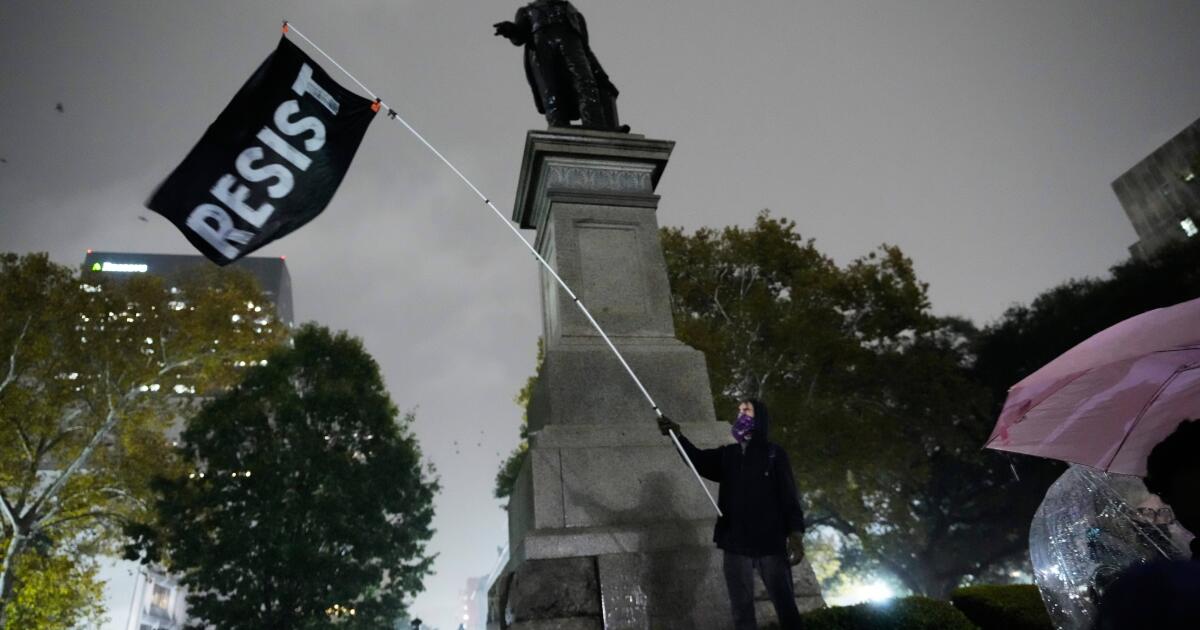Federal border agents launch immigration crackdown in New Orleans
NEW ORLEANS — A federal immigration crackdown began Wednesday in New Orleans under an operation that a Homeland Security official said would target violent criminals, expanding the Trump administration’s sweeps that have unfolded in other U.S. cities.
The aim of the operation is to capture immigrants who were released after their arrests for crimes such as home invasion, armed robbery and rape, Homeland Security Department Assistant Secretary Tricia McLaughlin said in a statement.
Immigration officials have blanketed big cities and small towns across the nation since January while carrying out Republican President Trump ’s aggressive mass deportation efforts.
Federal agents have launched high-profile immigration crackdowns in cities including Chicago and Charlotte, North Carolina. Another operation is expected in the coming days in Minnesota, targeting Somali immigrants.
It’s not clear how many agents are being deployed for the New Orleans operation.
“Sanctuary policies endanger American communities by releasing illegal criminal aliens and forcing DHS law enforcement to risk their lives to remove criminal illegal aliens that should have never been put back on the streets,” McLaughlin said.
Attorney General Pam Bondi has accused New Orleans of undermining federal immigration enforcement. The Department of Justice includes New Orleans in a list of 18 cities it considers to be providing sanctuary to immigrants without legal status.
New Orleans officials deny the city’s policies thwart federal immigration enforcement. City police Chief Anne Kirkpatrick has said she considers immigration enforcement to be a civil matter outside her jurisdiction.
Louisiana has been preparing for weeks for an immigration crackdown. Republican Gov. Jeff Landry, a close Trump ally who has moved to align state policy with the White House’s enforcement agenda, said Wednesday that the crackdown will target the “worst of the worst, criminal illegal aliens that have broken the law.”
“It started today and it’s going to run until we get them all off the street,” Landry said during an interview on the Walton & Johnson radio show.
In addition to the deployment of federal immigration agents, Landry said he expects National Guard members to arrive in New Orleans before Christmas to join the efforts to combat crime.
Planning documents for the operation show border agents were expected to launch a monthslong crackdown in southeast Louisiana and into Mississippi.
The deployment, which aims to arrest 5,000 people, was expected to be led by Border Patrol commander Gregory Bovino, who has led aggressive operations in other cities, including Chicago and Los Angeles.
In and around New Orleans, some immigration lawyers said before the operation began that they have been inundated with calls from people trying to prepare for the operation, and some businesses posted signs barring federal agents from entry.
Brook and Cline write for the Associated Press. Cline reported from Baton Rouge.
